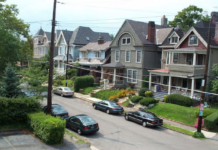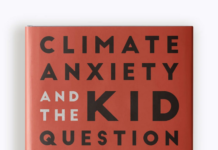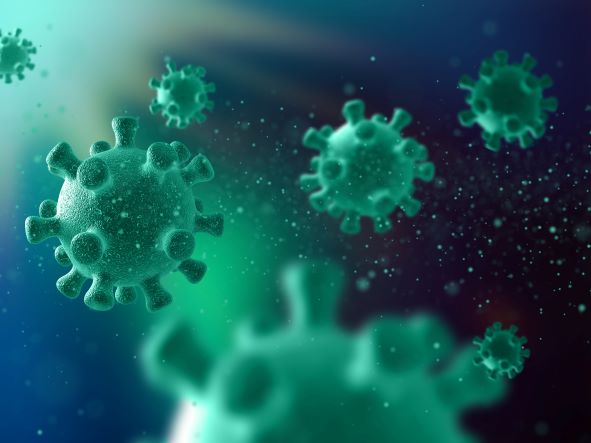The World Health Organization has declared the growing monkeypox outbreak a public health emergency, and that an international response is necessary to prevent it from becoming a pandemic.
With cases on the rise, the Centers for Disease Control and Prevention recommend that people seek medical care immediately if they develop a new, unexplained skin rash or lesion on any part of their body that they think could be monkeypox.
“During this particular outbreak, we’re seeing that the rash may start in the groin, genital region, or around the anus – and sometimes stay in the spot that it started instead of spreading,” says board-certified dermatologist Esther E. Freeman, MD, PhD, FAAD, a member of the American Academy of Dermatology’s Monkeypox Task Force. “If you have a rash or bump on your skin and you don’t know what caused it, contact your board-certified dermatologist.”
Dermatologists can diagnose monkeypox by looking at the pattern on the skin and where the rash appears. If they suspect monkeypox is the cause, they will swab the rash and send it to a lab, where a polymerase chain reaction test will be performed.
“Not every new rash is monkeypox,” says Dr. Freeman. “However, if you do think you have monkeypox, it’s important to see your doctor quickly. Patients who delay getting medical attention may be diagnosed later when fewer treatment options are available. Waiting also means that you can expose more people to the virus, so others may develop monkeypox.”
A letter published in the Journal of the American Academy of Dermatology (JAAD) explains the symptoms and features of monkeypox:
- The cardinal features of monkeypox are fever, rash, and lymphadenopathy (swelling of lymph nodes)
- The incubation period ranges from 5 to 21 days
- Number of lesions could range from a few to thousands in number and are painful, rather than itchy.
- Patients are considered infectious until all the lesions are crusted over with complete re–
epithelization - Complications of monkeypox include sepsis, broncho–pneumonia, encephalitis, and ocular infections
- In the absence of any specific treatment, monkeypox self resolves in two to four weeks
For more information about monkeypox, visit the AAD website.
Story Credit: Newswise/
Photo Credit: kjpargeter/freepik






































